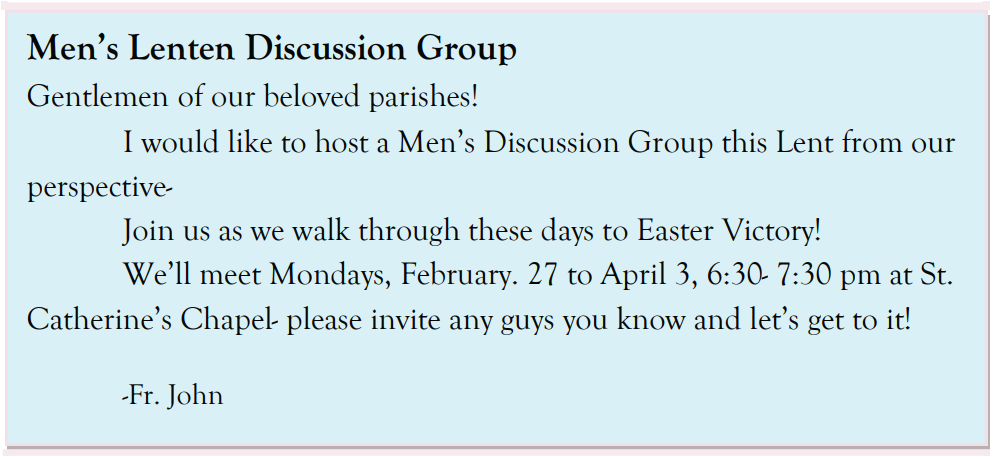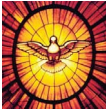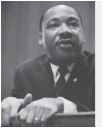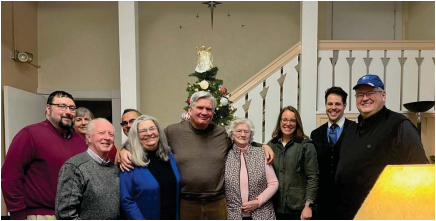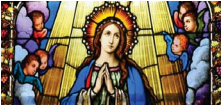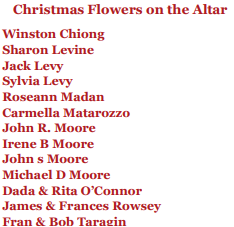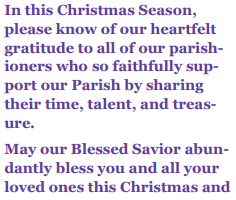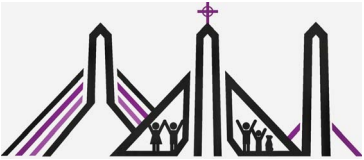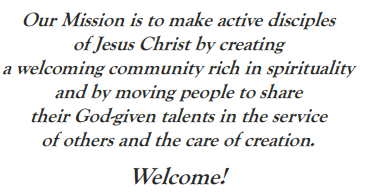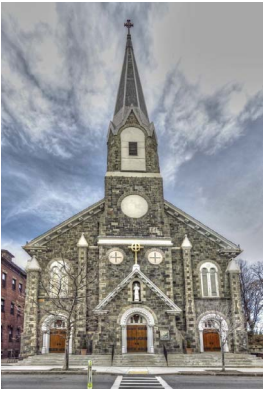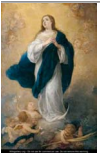From our Pastor
https://stmarystcatherine.org/wp-content/themes/osmosis/images/empty/thumbnail.jpg 150 150 Charlestown Catholic Collaborative Charlestown Catholic Collaborative https://stmarystcatherine.org/wp-content/themes/osmosis/images/empty/thumbnail.jpgAnguish has taken wing, dispelled is darkness:
for there is no gloom where but now there was distress.
The people who walked in darkness have seen a great light;
upon those who dwelt in the land of gloom, a light has shone.
January can be a very difficult time for people. The Christmas rush has passed- we’re in Ordinary Time, and the spring seems so far away. Many people suffer from Seasonal Affective Disorder and depression can hit, and it’s understandable- the sun, when it’s out, seems almost indifferent to the cold that surrounds us. Lent is also coming soon.
But so is Easter. We belong to light, and victory, and hope. This truth doesn’t deny the challenges and difficulties in our midst, but I pray it gives us opportunities to find the light of Christ in our world, within others, and even more powerfully, within ourselves.
Winter is challenging, but there are some hopes for better times ahead- the Red Sox truck is leaving soon for Florida- and the sunsets are just a little later, day by day. It’s easy for us to give in to doubt and fear, but we belong to Christ- as we dig in our shovels into the winter cold, let’s dig in our heels into the hope Christ brings us- and share it.
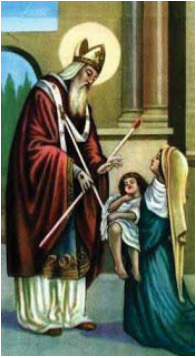
Blessing of the Throats
at all Masses on the weekend of February 5- St. Blaise
According to the Acts, while Blaise was being taken into custody, a distraught mother, whose only child
was choking on a fishbone, threw herself at his feet and implored his intercession. Touched at her grief, he
offered up his prayers, and the child was cured. Consequently, Saint Blaise is invoked for protection
against injuries and illnesses of the throat.
